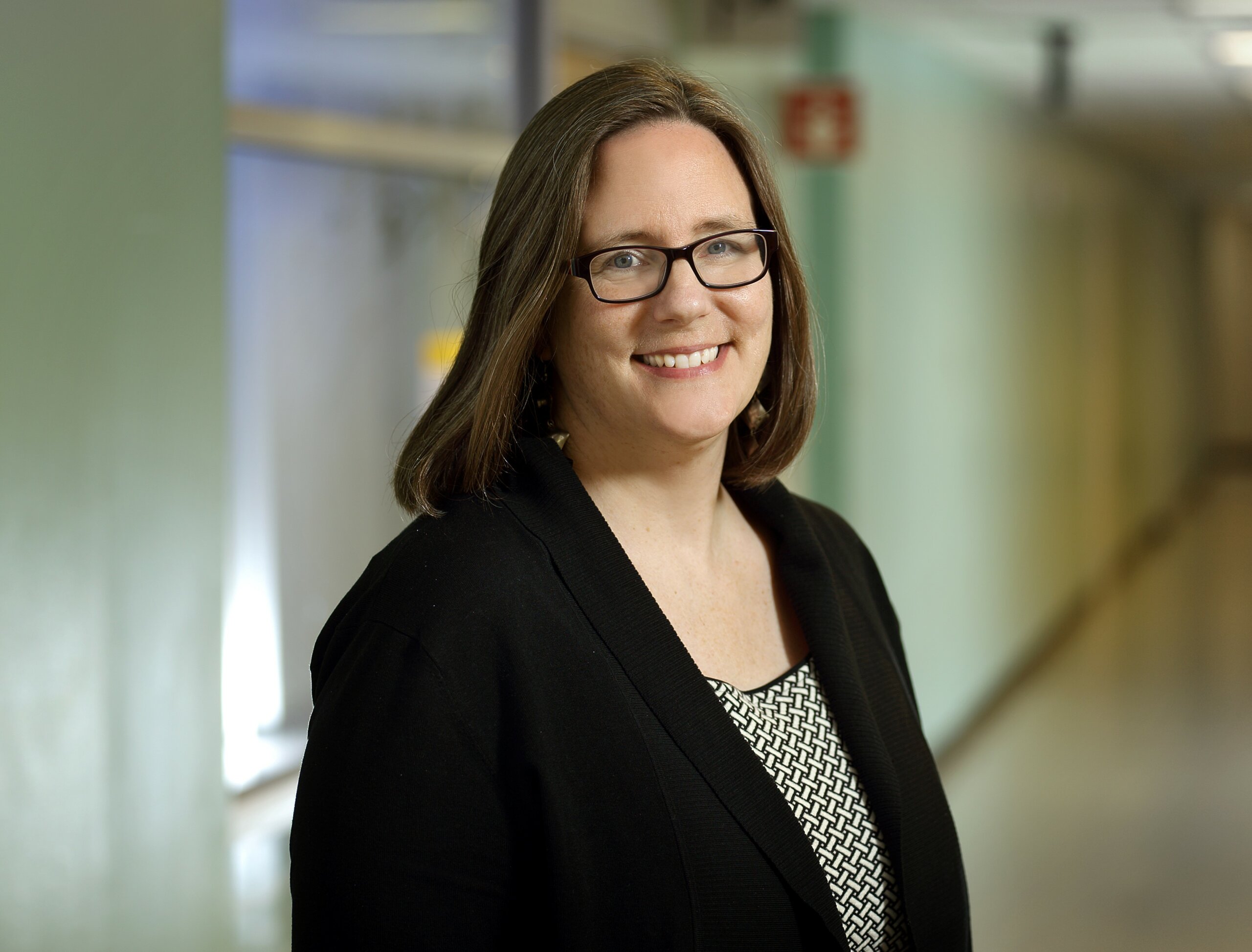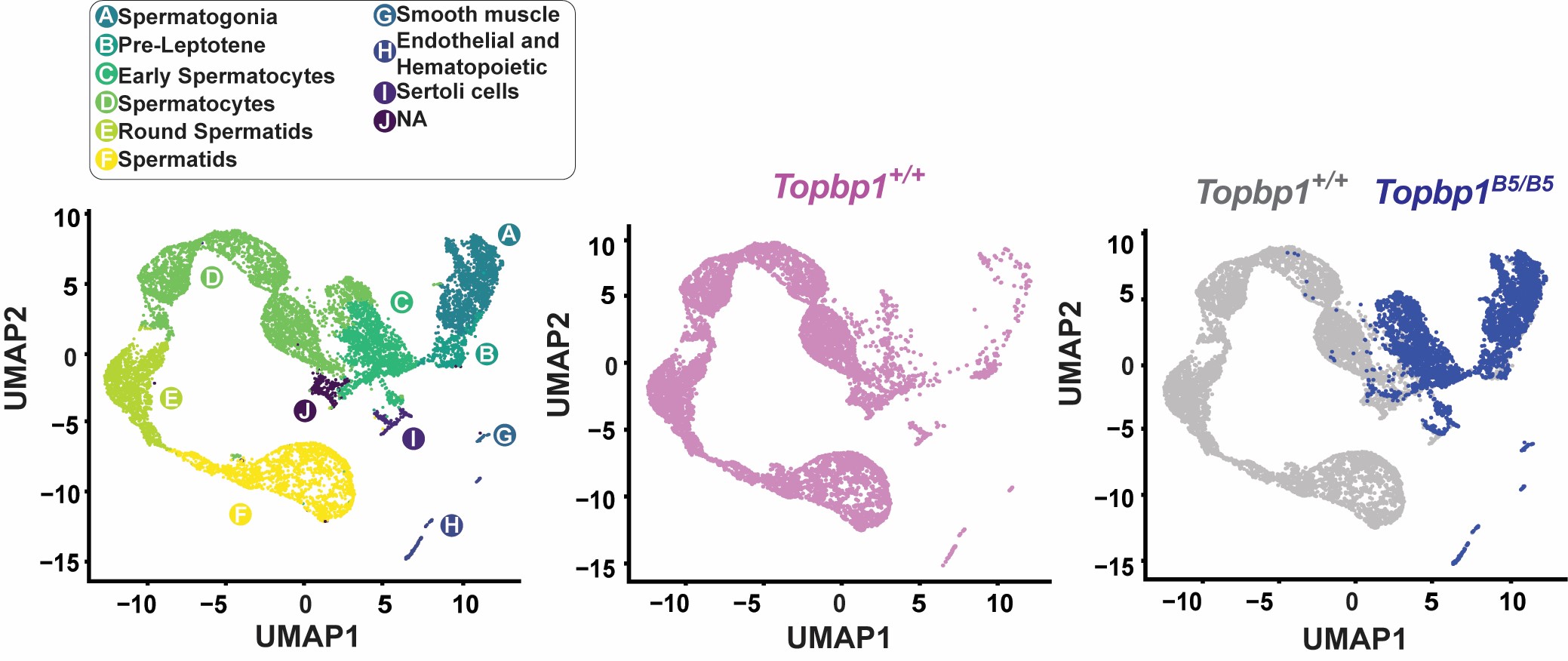
Lauren M. Osborne, MD
- What aspect of your research are you most excited about right now?
- My work is centered on unpacking the biological mechanisms of mental illness in pregnancy and postpartum. A number of the studies we are working on have identified contributors that may eventually be able to be used as biomarkers to predict the onset of illness. I’m particularly excited about our new findings of differences in mRNA communication in extra-cellular vesicles. These findings, which are brand-new and have yet to be replicated, indicate that women who are euthymic in pregnancy but go on to develop postpartum depression have impairments in autophagy.
- What inspired you to study reproduction, in general?
- I had a unique path. I thought about medicine as a career early on, but didn’t initially pursue it and spent many years after college working in book publishing. My own pregnancies re-exposed me to the world of medicine and the science of reproduction, and I undertook a career change then because I just found the mysteries and unknowns about human reproduction so exciting.
- When you’re not doing research, what are your hobbies or non-work-related interests?
- I have three children and a wonderful academic husband, and spending time with them is by far my greatest interest. I also love to swim and to sing!
- What is the most valuable piece of advice you’ve received over your research career?
- I think the best advice was persistence — don’t get downhearted if that paper or grant gets rejected, or that protocol in the lab doesn’t work out — you have to be thick skinned and just keep at it.
- Ideally, how do you envision your research contributing to the broader field of reproduction (be it societal, ecological, etc.)?
- I hope my work can help us come to a better understanding of the biological contributors to perinatal mental illness, which is the #1 complication of childbirth, with mental health conditions the leading cause of pregnancy-related deaths. If we can understand the biology better, we may be able to prevent illness and/or come up with alternative treatments, which will greatly relieve the suffering of mothers, children, and families.



